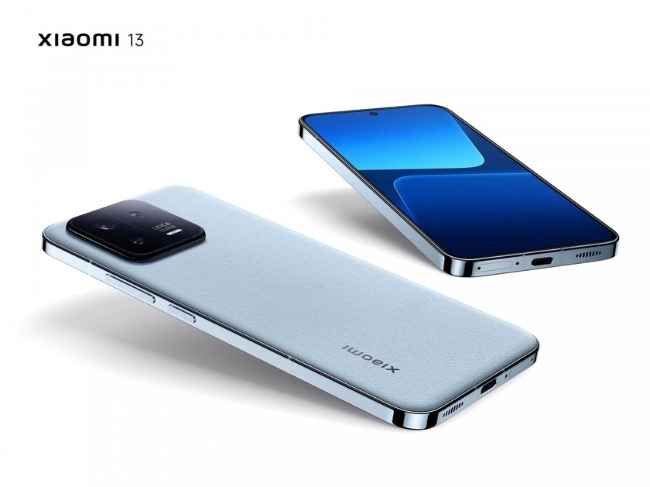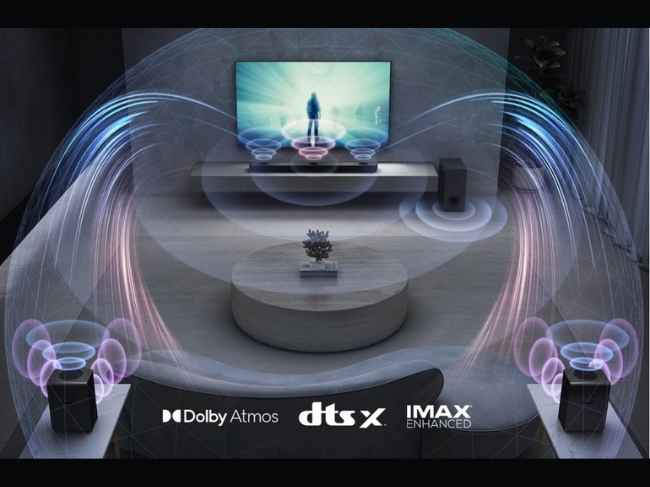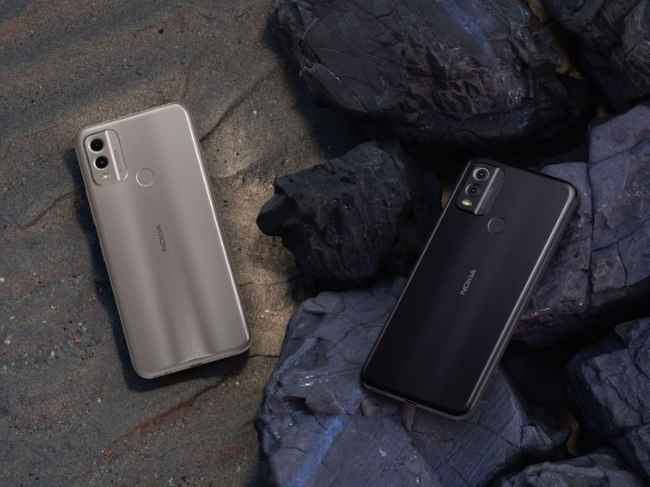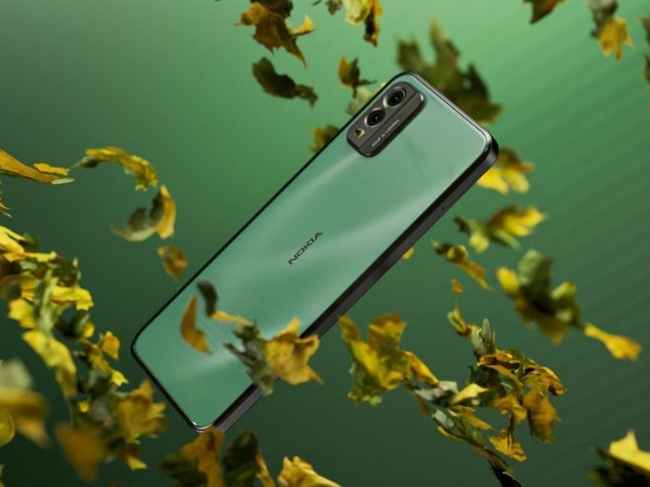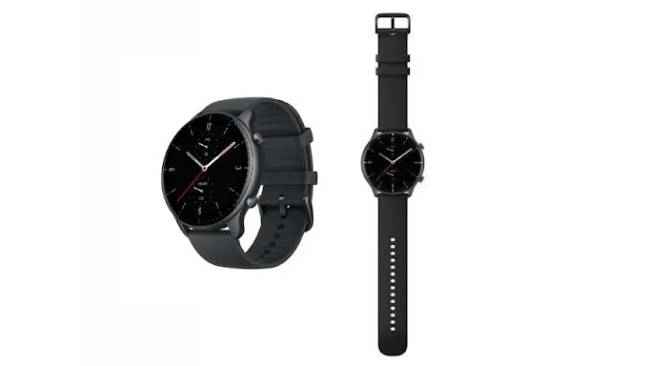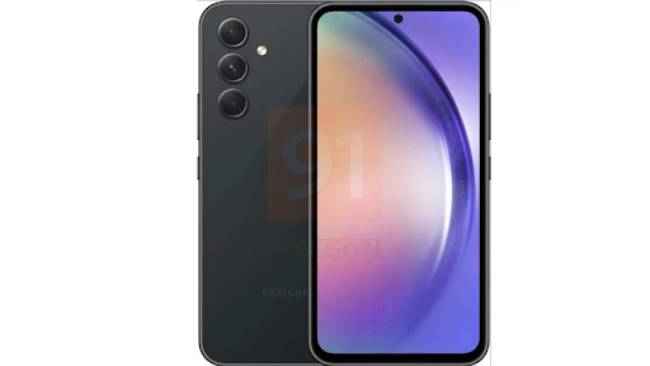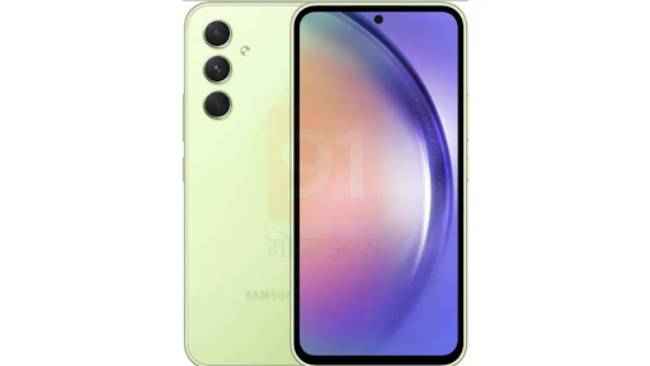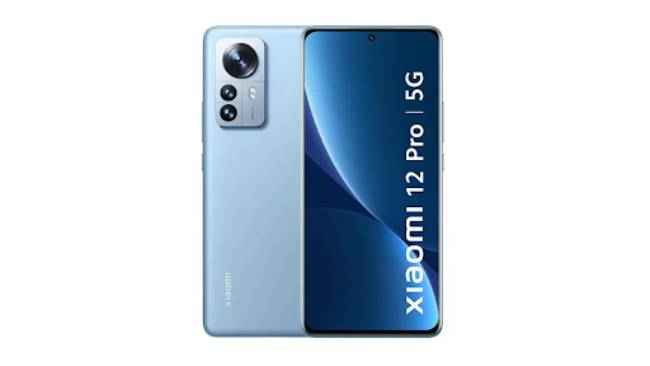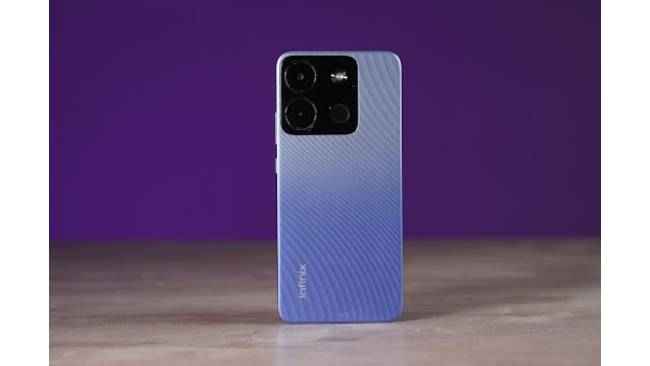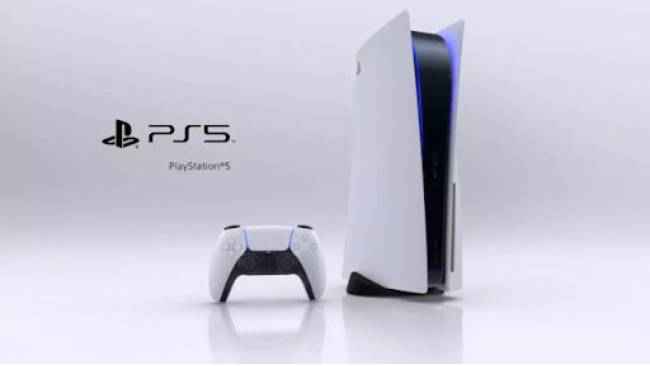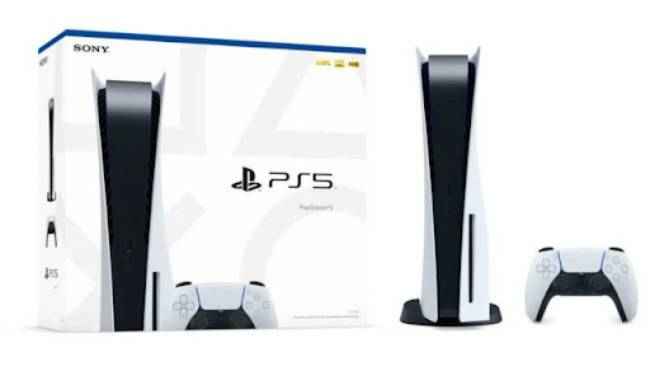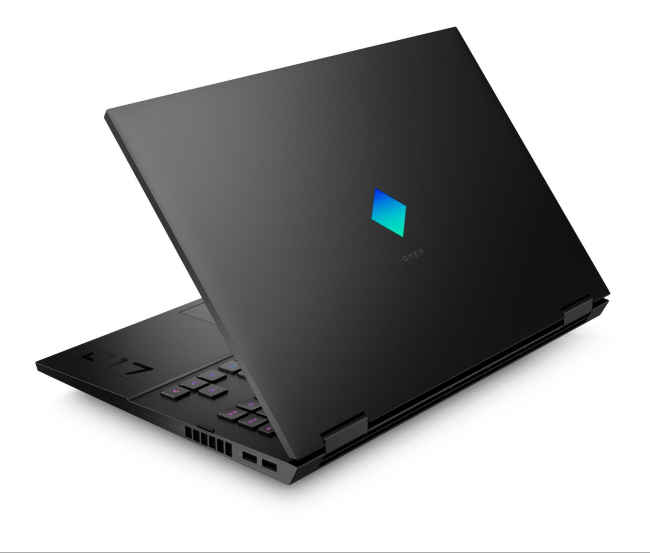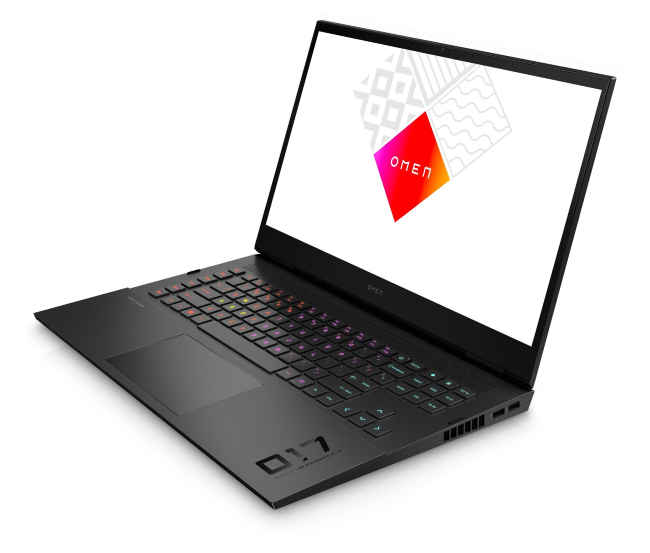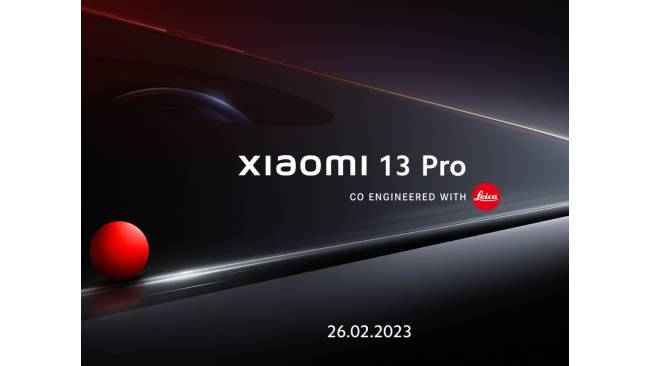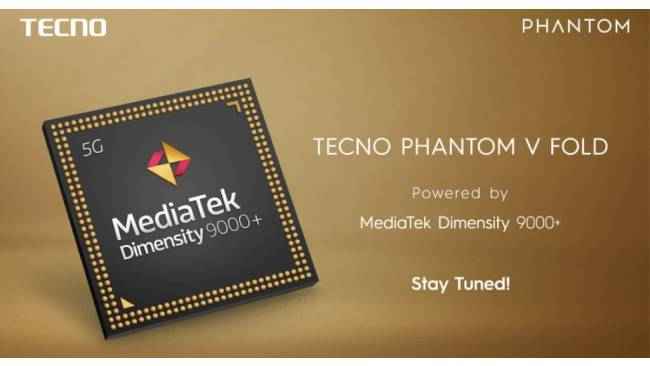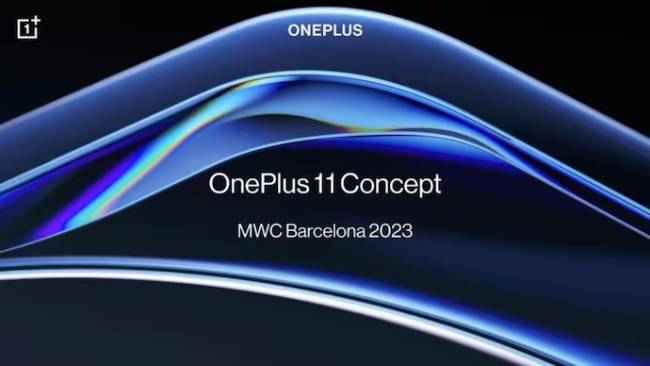AMD has yet another winner in its hands with the AMD Ryzen 9 7950X3D which takes the crown away from Intel in the gaming domain. AMD still has a lot of roads to cover and it's not yet a clean sweep for Team Red but with each new release, AMD is encroaching into territories where Intel has been untouchable. Coming to the question - Whether you should get the 7950X or the 7950X3D? Well, if your usage is going to be gaming-heavy, then go for the 7950X3D. The 7950X still has a place thanks to its higher thermal headroom but as these processors get more efficient, we should see 3D V-Cache becoming more commonplace. For INR 60,599, the AMD Ryzen 9 7950X3D is a great buy.
AMD experimented with 3D SRAM stacking technology with their AMD Ryzen 7 5800X3D processor and had a winner in their hands and we now have more processors with the same tech coming out with the 7000 family. Having faster memory closer to the cores gave a tremendous boost to the performance in several workloads but the performance gains in gaming were the most prominent. So much so that the AMD Ryzen 7 5800X3D still beats processors that launched after it and are of a higher tier. And with the Ryzen 7000 family out, AMD is expanding on their little experiment and coming out with a lot more ‘X3D’ processors. The launch lineup includes the AMD Ryzen 9 7950XD, AMD Ryzen 9 7900XD, and the AMD Ryzen 7 7800XD. Compared to the vanilla Ryzen 9 7950X (if at all you can call a flagship processor “vanilla”), the AMD Ryzen 9 7950X3D has 64MB more cache on the die. That’s a lot more memory for video games to exploit and get some extra frames out.
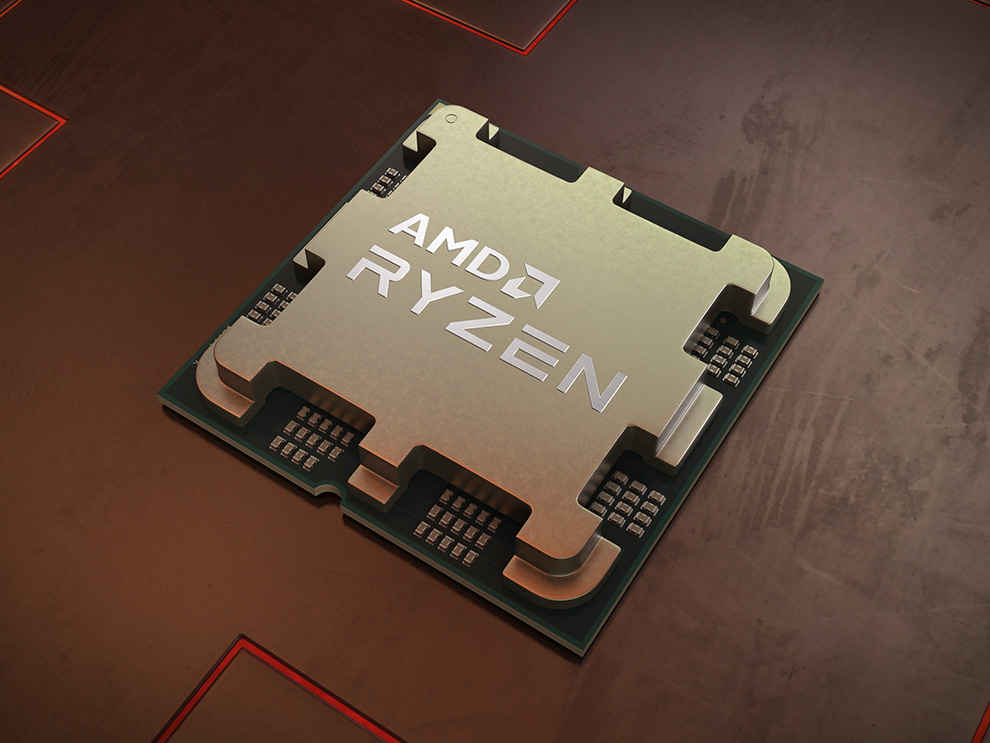
The AMD Ryzen 9 7950X3D will be priced the same as the normal Ryzen 9 7950X. That’s USD 699 or INR 60,599. Obviously, you’d be wondering why anyone would want to get the vanilla 7950X in that case, read on to know where the vanilla processor excels.
AMD Ryzen 9 7950X3D Specifications
The AMD Ryzen 9 7950X3D has quite a few things that are different with the core configuration. We’ve already seen how the 3D V-Cache can drastically improve performance with the 5800X3D and the 7950X3D looks like it’s aiming to do the same.
Processor 7950X 7950X3D Socket AM5 AM5 Codename Raphael Raphael Foundry TSMC TSMC Core Process 5 nm 5 nm Core Architecture Zen 4 Zen 4 Transistor 6500 mil Die Size 70 mm2 71 mm2 I/O Process 6 nm 6 nm I/O Die Size 122 mm2 122 mm2 tCaseMax 95°C 89°C Launch Date 27-Sep-2022 28-Feb-2023 Cores 16 16 - Big Cores 16 16 - Small Cores 0 0 Threads 32 32 Integrated Graphics RDNA2 RDNA2 Integrated Graphics Cores 2 2 IG Base Frequency 400 MHz 400 MHz IG Turbo Frequency 2200 MHz 2200 MHz Cache L1 64K Per Core 64K Per Core Cache L2 1M Per Core 1M Per Core Cache L3 64 MB 128 MB Base Clock 100 MHz 100 MHz Base Multiplier 45x 42x Unlocked Multiplier Yes Yes Big Core Base Frequency 4.5 GHz 4.2 GHz Big Core Turbo Clock 5.7 GHz 5.7 GHz Small Core Base Frequency NA NA Small Core Turbo Clock NA NA Memory Type Support DDR5 DDR5 Max Memory Capacity 128 GB 128 GB Rated Memory Clock Speed 5200 MT/s 5200 MT/s Memory Channel Support Dual-Channel Dual-Channel ECC Memory Support No Yes PCIe Gen 5 5 PCIe Lanes from CPU 24 24 TDP 170 W 120 W
The IO Die is the same as the models without 3D V-Cache and the GPU has also remained the same. It’s the same configuration with 2x RDNA2 cores that are clocked at 400 MHz with a boost clock of 2200 MHz. What has changed is the TDP which has been brought down from 170W to 120W. So a lot of the thermal headroom that the 7950X had has been taken away from the 7950X3D. Then again, we’ve seen how the 65W units have come close to performing as the higher TDP units, so the net performance difference might not be that much.
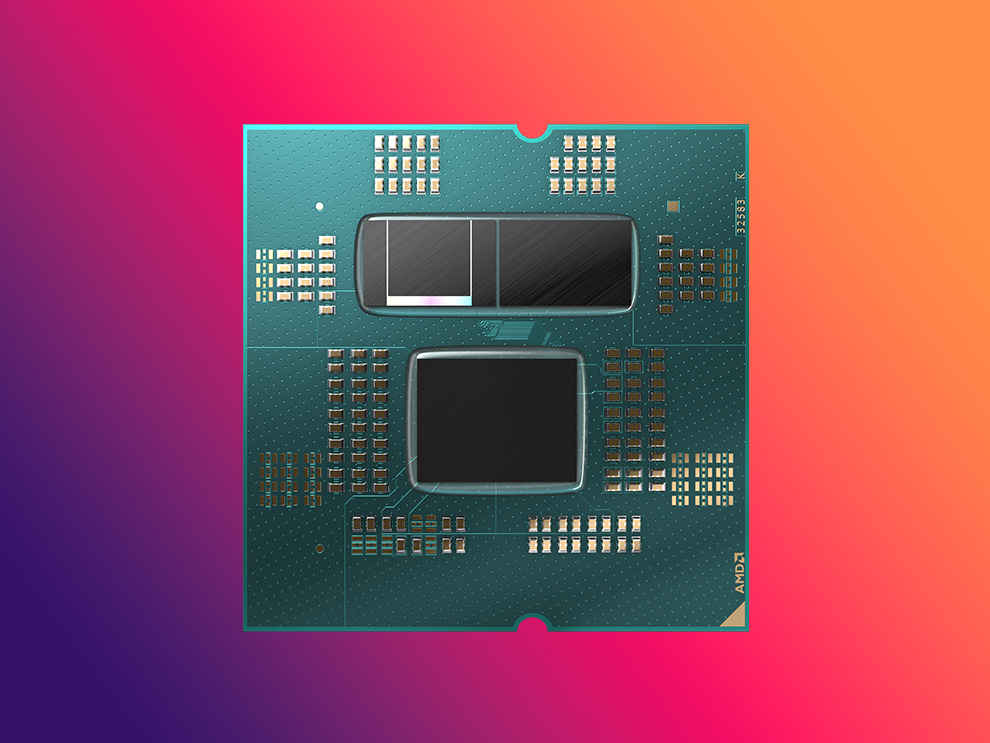
With a reduction in TDP, there is a reduction in the base frequency as well. The vanilla 7950X was clocked at 4.5 GHz with a boost clock of 5.7 GHz but the AMD Ryzen 9 7950X3D is clocked at 4.2 GHz and has the same boost clock of 5.7 GHz. So when the need arises, the 7950X3D can ramp up for bursty performance but the time it can sustain at peak load will be different.
And like all the other AMD Ryzen 7000 processors, the 7950X3D also supports ECC memory provided that the motherboard that it is paired with supports the same. Overall, there are several tradeoffs between the AMD Ryzen 9 7950X and the 7950X3D for both of them to warrant the same space. What’s also exciting to see would be which processor sells the most in the coming months.
AMD Ryzen 9 7950X3D Performance
Rendering Like always, we start off with Cinebench R23 which scores 35540 in the multi-threaded run and 2021 in the single-threaded run. Compared to the vanilla 7950X, that’s a little higher than the single-thread score but the multithread score takes a hit.
In Blender, we see the AMD Ryzen 9 7950X3D score 264, 165, and 130 in the Monster, Junkshop, and Classroom benchmarks, respectively. Again, this is a little lesser than the AMD Ryzen 9 7950X which had scored about 10 points higher in Junkshop and Classroom whereas, in Monster, it scored a little over 35 points ahead.
Content Creation In the Procyon benchmarks for content creation, the AMD Ryzen 9 7950X3D performs a little below the 7950X and the Intel Core i9-13900K but ahead of the 7900X in the Image Retouching segment. However, in the Batch processing benchmark it performs better than the Intel Core i9-13900K and the 7900X but still lags behind the 7950X. Under the video editing benchmark, the benchmark failed several times. Hopefully, this should stabilise over time.
AI/ML AI workloads also favour larger memory sources closer to the CPU and we can see the 7950X3D scoring higher than the 7950X by a decent margin. However, Intel has always had the upper hand in AI benchmarks since they’ve had an IGP that’s been leveraged by OEMs worldwide for a couple of years. So the 7950X3D falls behind like all the remaining AMD processors. Our current AI benchmarks are purely synthetic scripts and we’ll shortly be adding several real-world benchmarks to show a well-rounded representation.
Compression/Decompression Coming to compression/decompression algorithms, we use 7-Zip and WinRaR to see how processors deal with a very common use case in modern operating systems. The 7950X scores higher than the 7950X and even the Intel Core i9-13900K. The same can be seen with WinRaR where the 7950X3D scores a little higher than the 7950X and the Intel Core i9-13900K.
Browser In browser benchmarks, Intel has had an advantage for quite some time. In the Octane bench, we see the 7950X3D score a little lower than the 7950X as well as the 13900K. These benchmarks favour higher clock speeds and the 7950X3D has a lower clock, so the drop in performance is understandable.
Gaming Gaming is where the 3D V-Cache really excelled with the AMD Ryzen 7 5800X3D and no doubt, everyone would be most excited to see how the successors perform. We started out with synthetic benchmarks and 3DMark is first on our list.
With a discrete graphics card connected, the scores in 3DMark Time Spy were higher than vanilla 7950X but a smidge below the Intel Core i9-13900K. Whereas in the CPU Profile benchmark, we noticed that the scores were higher on the 7950X3D when 16 Threads were running. However, when the threads dropped to 8, 4, 2, and 1, the Intel flagship had an advantage.
Coming to real-world gaming tests. We can see the AMD Ryzen 9 7950X3D pulling ahead of the 7950X in quite a lot of gaming benchmarks. Riftbreaker is where we saw the highest delta whereas, in games such as Far Cry 6, the 7950X3D is neck and neck with the 13900K. In F1 2022, the Intel 13900K is a little ahead of the 7950X3D. In Witcher 3: The Wild Hunt, the Intel 13900K retains its lead. Shadow of the Tomb Raider reverses that with the AMD Ryzen 9 7950X3D inching ahead. So we've seen quite a lot of movement in the video game performance benchmarks with the AMD Ryzen 9 7950X3D taking the crown away from Intel in a lot of titles while not having much success in some titles. Overall, the 7950X3D is an equal if not a better gaming processor.
Power With a lower TDP, the power consumption levels are expected to be lower. How low? Well, the 7950X would consume 210 watts on average in a high-demand scenario with peak wattage being 220+ watts. Compared to that, the 7950X3D consumes 125 watts on average in the same high-demand scenario with peak levels hitting 145 watts.
Verdict
AMD has yet another winner in its hands with the AMD Ryzen 9 7950X3D which takes the crown away from Intel in the gaming domain. AMD still has a lot of roads to cover and it's not yet a clean sweep for Team Red but with each new release, AMD is encroaching into territories where Intel has been untouchable. Coming to the question - Whether you should get the 7950X or the 7950X3D? Well, if your usage is going to be gaming-heavy, then go for the 7950X3D. The 7950X still has a place thanks to its higher thermal headroom but as these processors get more efficient, we should see 3D V-Cache becoming more commonplace. For INR 60,599, the AMD Ryzen 9 7950X3D is a great buy.
from PC Components Reviews https://ift.tt/Efg863p
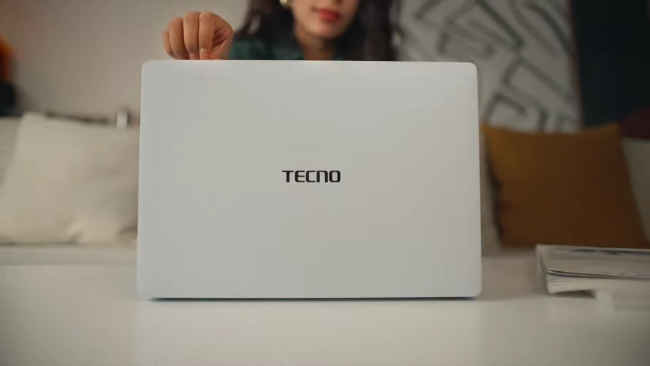




 Samsung Galaxy S20 FE specifications Samsung Galaxy S20 FE is powered by the Snapdragon 865 chipset paired with 6GB and 8GB RAM. The phone runs on the Android 10 operating system but can be upgradable to Android 13. Samsung Galaxy S20 FE features a 6.5-inch Super AMOLED display with the support of a 120Hz refresh rate and HDR10+. Samsung Galaxy S20 has a triple camera setup holding a 12-megapixel primary camera, an 8-megapixel telephoto and a 12-megapixel ultrawide lens. On the front, it sports a 32-megapixel selfie shooter. Samsung Galaxy S20 packs a 4500mAh battery with 25-watt fast charging support.
Samsung Galaxy S20 FE specifications Samsung Galaxy S20 FE is powered by the Snapdragon 865 chipset paired with 6GB and 8GB RAM. The phone runs on the Android 10 operating system but can be upgradable to Android 13. Samsung Galaxy S20 FE features a 6.5-inch Super AMOLED display with the support of a 120Hz refresh rate and HDR10+. Samsung Galaxy S20 has a triple camera setup holding a 12-megapixel primary camera, an 8-megapixel telephoto and a 12-megapixel ultrawide lens. On the front, it sports a 32-megapixel selfie shooter. Samsung Galaxy S20 packs a 4500mAh battery with 25-watt fast charging support.

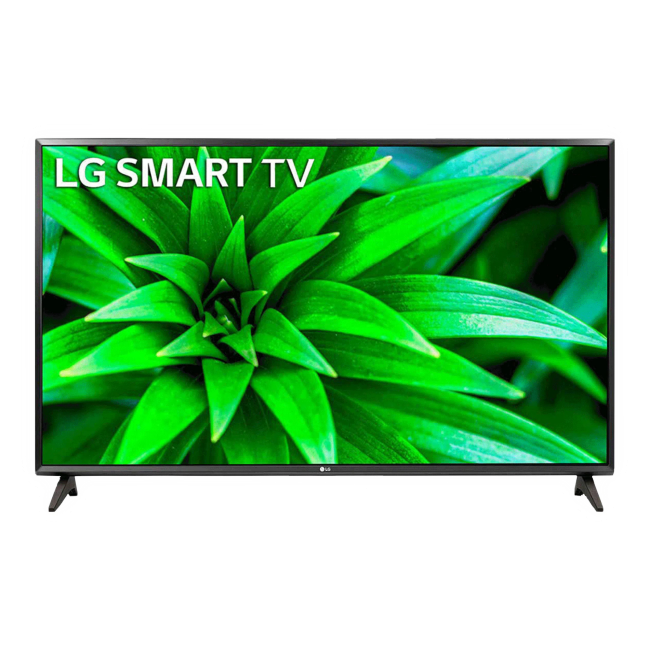 LG LM562 81.28 cm (32 inch) HD Ready LED Smart WebOS TV with Dolby Audio
LG LM562 81.28 cm (32 inch) HD Ready LED Smart WebOS TV with Dolby Audio










